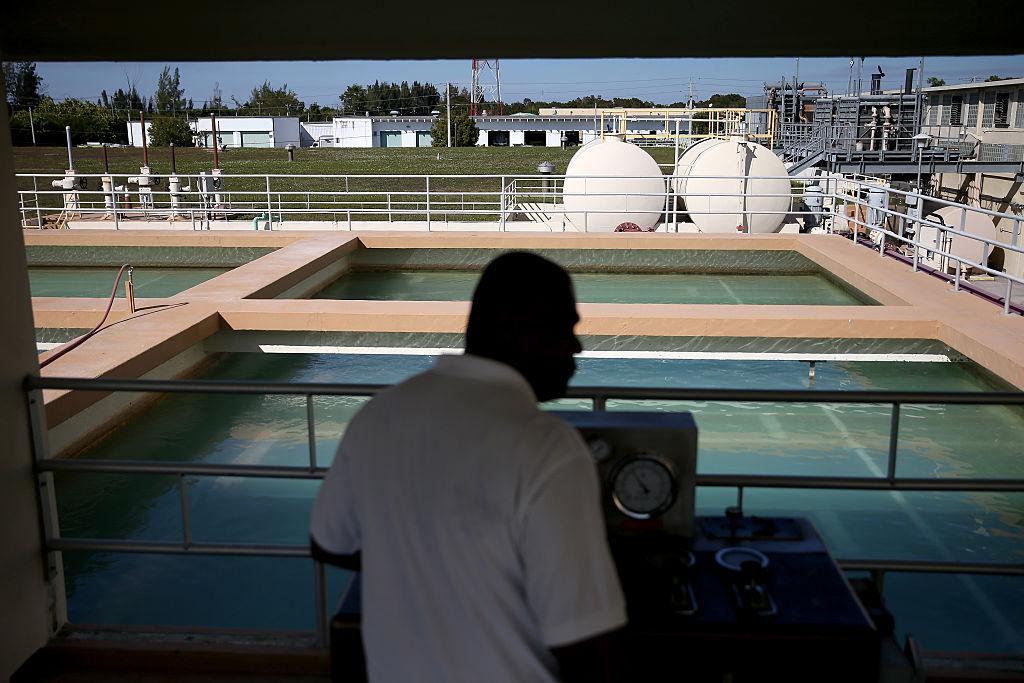Is Investing in Water Commodities a Good Diversification Strategy?
The world’s water supply has turned water commodities into a viable investment. Water’s utility provides natural diversification of your portfolio.
March 23 2021, Published 3:18 p.m. ET

We tend to think we have an unlimited supply of water. We turn on our taps, flush our toilets, and take showers without considering how valuable water is. Water is the most valuable commodity on the planet. And like other commodities such as oil and gold, investing in water can add significant diversification to your portfolio.
How exactly can an investor get into trading water commodities, and is it a good strategy? With more industries relying on water and climate factors risking the entire water supply, this scarcity creates investment opportunities.
The global water supply
We learned in elementary science class that over 70 percent of the world is covered with water, and 97 percent of that water is unusable saltwater. Less than one percent of the world’s water is readily available for human consumption in lakes, rivers, and streams. The rest of the freshwater is hidden away in deep underground aquifers or locked away in glaciers and ice caps.

Most of the water used in the industry comes from those underground aquifers.
What drives water prices?
To understand what drives the price of water, we need to look at what industries use water and for what reasons.
- Thermoelectric: water is used to cool electricity-generating equipment such as nuclear power plants.
- Irrigation/farming: crop production and animal agriculture rely on water to grow the food we eat.
- Public usage: We are the third largest users of water—for drinking, washing, and bathing.
- Industrial: Nearly every manufactured product uses water in some way. Metal, wood, paper products, chemicals, gasoline, and oil products all rely on water to generate a final product.
- Aquaculture: a growing industry, fish farming, is increasingly requiring more water to sustain fish stocks.
With food and electricity demands increasing the agriculture and power industries’ output requirements, the demand for water has increased.
Additionally, climate change and less reliable rain and drought patterns have threatened the global water supply.

Simple economics will show water futures only looks to be a promising investment.
How to invest in water commodities:
There are two main ways to invest in water commodities: individual water company stocks or water ETFs.
Individual water stocks
If you have the risk tolerance, individual water stocks and provide significant returns. Some individual water stocks to consider are:
- American States Water Co. (AWR)
- American Water Works C. Inc (AWK)
- Aqua America (WTR)
- Pentair (PNR)
- Danaher Corp (DHR)

Water ETFs
Perhaps a better solution would be to invest in water ETFs. A managed mix of stocks and bonds, water ETFs are centered around tens or hundreds of different companies. For example, a water ETF could hold stocks in companies dealing with bottling, treatment, technologies, and even public utilities. Some excellent water EFTs are:
- The Invesco S&P Global Water Index (CGW)
- The S&P 1500 Water Utilities - this index is made up of just two stocks, American States Water (AWR) and Aqua Aqua America (WTR).
- The Dow Jones U.S. Water Index (DJUSWU) comprises 29 stocks from international and domestic companies affiliated with the water industry.
- The ISE-B&S Water Index - over 35 stocks related to water distribution, filtration, and technology make up this index.
- Invesco Global Water ETF (PIO) - over 90 percent of its assets are held in companies listed on a global exchange that create products designed to conserve and purify water for homes, businesses, and industries.
